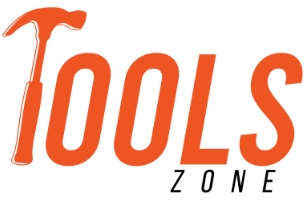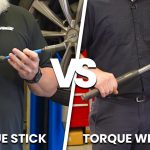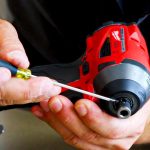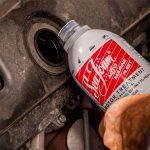Table of Contents
Every electric motor has a specific lifespan, after which it is bound to break down. Some can outlast their predicted lifespan when handled with care, while others stop working well before their expiration date due to extreme workloads. So, with time and use, the amount of torque you will get from a DC motor is bound to decrease as its lifespan also decreases. However, there are a few reasons behind what causes a DC motor to lose torque.
The primary reason why a DC motor loses its torque is because of the degradation that happens over time to the motor components.
But before we get into the reasons why this phenomenon occurs, let’s first discuss what torque is and get a basic understanding of what it does.
What Is Torque?
Torque is the force that causes rotation. In physics, it is also referred to as the moment of a force. And the unit of torque is Newton meters (Nm) or inch-pounds (in-lb). So, what is motor torque? Motor torque is the amount of rotational force caused by the crankshaft. Hence, the more torque the motor produces, the better its overall performance.

The most common application of torque is in cars. Torque determines how quickly a car can accelerate. In other words, cars with really high acceleration can generate a lot of torque at relatively low RPM.
Reasons Behind What Causes A DC Motor To Lose Torque
As mentioned before, there are several reasons why a DC motor loses torque. The most prominent ones are listed below.
Electrical Overload
Electrical overload is caused when more current than the designated limit is flowing through the motor. This issue typically occurs when the voltage supply is low, hence, requiring higher amounts of current to maintain the torque. But that is not possible due to the voltage being less than what is required. So, because of low voltage and high current, the torque of the DC motor will become reduced. This problem can be prevented by using over-current protection systems that can detect overcurrent and cut the supply.
Demagnetization
To further expand on the previous point when too many current passes through the motor, it slowly causes the magnets used in DC motors to become demagnetized. Moreover, if the current reaches a really high value, then there is a chance that the magnets will become permanently demagnetized, which can result in the DC motor completely losing all its torque.
Low Resistance
Low resistance is caused by the degradation of the insulation materials of the motor windings. Overheating, corrosion, and physical damage are some of the main culprits for low resistance. This can lead to some of the issues we have already mentioned in the previous two points. Hence, you need to keep an eye on the condition of the insulation materials of the motor and regularly inspect for any sign of damage.
Excess Heat
Another reason why a DC motor gradually loses torque is because of heat build-up. Since motors are constantly in motion during operation, the amount of torque they can output will slowly diminish if enough time is not given to the motor to cool off. This excess heat build-up due to motion causes the magnets of the motor to wear out, which leads to lower torque.

Foreign Particles
Dust, dirt, and other foreign particles can greatly reduce the performance of a DC motor. This is a fairly common problem as it is quite easy for small particles to get inside the crevices of a DC motor. Although it doesn’t cause damage overnight, but the accumulation of these particles can cause the overall torque to become reduced.










Leave a Comment